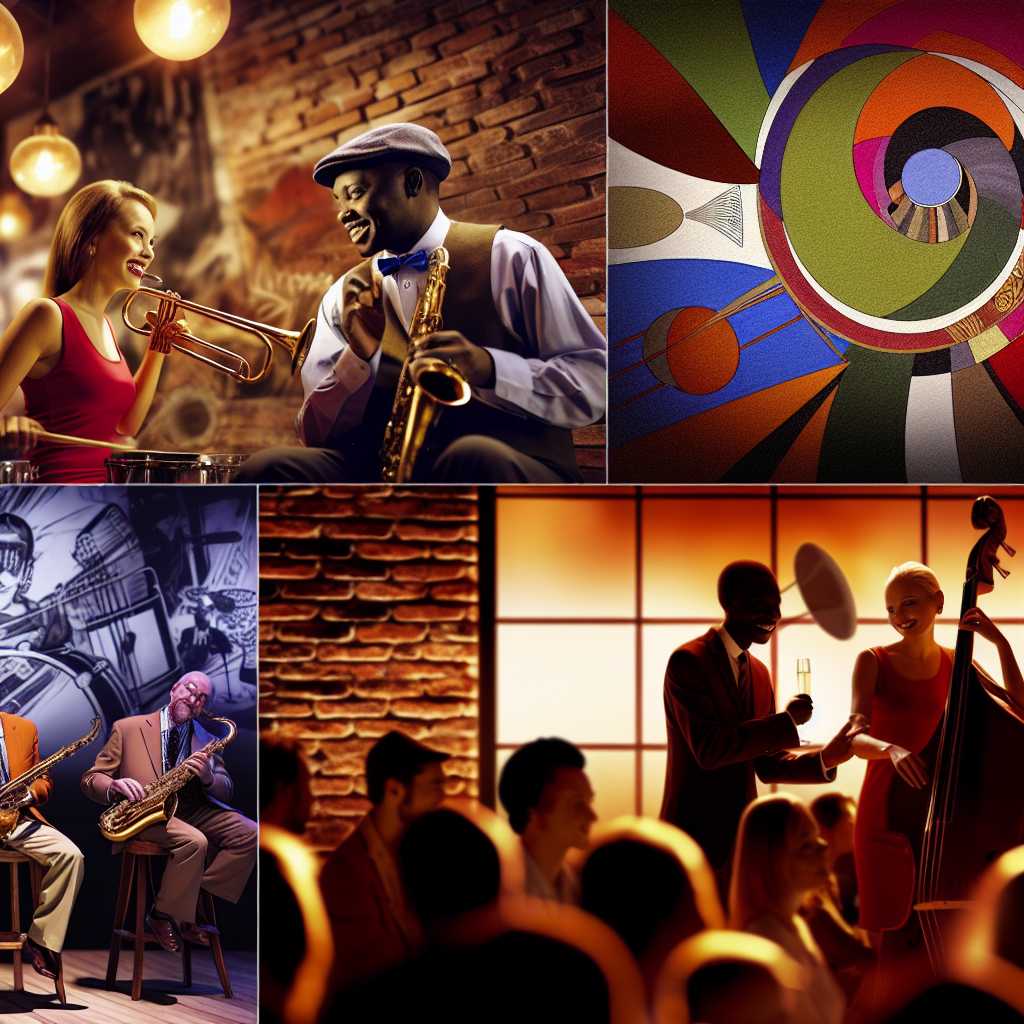Music is a universal language that transcends barriers, and jazz is one of its most eloquent dialects. Originating in the late 19th and early 20th centuries in African American communities of New Orleans, jazz has since evolved into a global phenomenon, influencing countless other musical genres and leaving an indelible mark on culture and society worldwide.
The Beginnings of Jazz
Jazz was born out of a blend of African rhythms, blues, and ragtime. At its core, jazz is about expression, innovation, and freedom. It provided a voice to marginalized communities, allowing them to communicate and connect despite their struggles. As it spread across the United States, jazz evolved, absorbing elements from other musical traditions and cultures it encountered along the way.
Evolution and Growth
Jazz has undergone significant transformations since its inception. The 1920s, also known as the "Jazz Age," saw the genre become synonymous with the cultural roar of the time. Musicians like Louis Armstrong and Duke Ellington carved out a space in the music world with their big band sounds, which paved the way for swing in the 1930s and 1940s.
The mid-20th century was a period of experimentation and innovation, birthing subgenres like bebop, with figures such as Charlie Parker and Dizzy Gillespie leading the movement. This era emphasized complex harmony and fast tempos, challenging musicians and listeners alike.
Later, the 1960s and 1970s introduced elements of rock, pop, and even electronic music into jazz, known as fusion. Artists like Miles Davis pushed the boundaries, leading to modern interpretations that resonate with today’s audiences.
Cultural Influence
Jazz’s influence extends beyond just sound. It’s profoundly impacted fashion, dance, art, and even social movements. Jazz lounges and clubs became melting pots of ideas and culture, where people from diverse backgrounds could mingle, share, and create.
Furthermore, jazz has been a powerful tool for social change. Its roots in the African American experience mean it has often been associated with the struggle for civil rights, freedom, and equality. Jazz has been a voice of protest, resilience, and hope through challenging eras.
Connecting People
The power of jazz lies in its ability to forge connections. From the intimate improvisations performed in cozy clubs to the grandiose orchestrated performances in symphony halls, jazz invites both musician and listener into a shared experience.
As a unifying force, jazz has brought together individuals from vastly different backgrounds, creating a shared appreciation and understanding. It challenges and inspires, yet it remains accessible to anyone willing to listen.
Through its evolution and cultural impact, jazz continues to showcase the boundless potential of music to communicate, connect, and cultivate change. Its story is one of resilience, adaptation, and endless creativity—reflective of the human experience itself.
Join in the rhythm, and let jazz carry you along its vibrant, storied path. Embrace its unpredictability, and let it remind you of the power music holds in connecting us all.

